What Not to Feed Wild Birds
As one of the leading bird food manufacturers in the UK, you would expect our website to be full of handy advice on what to feed birds, both kept and wild, all year round.
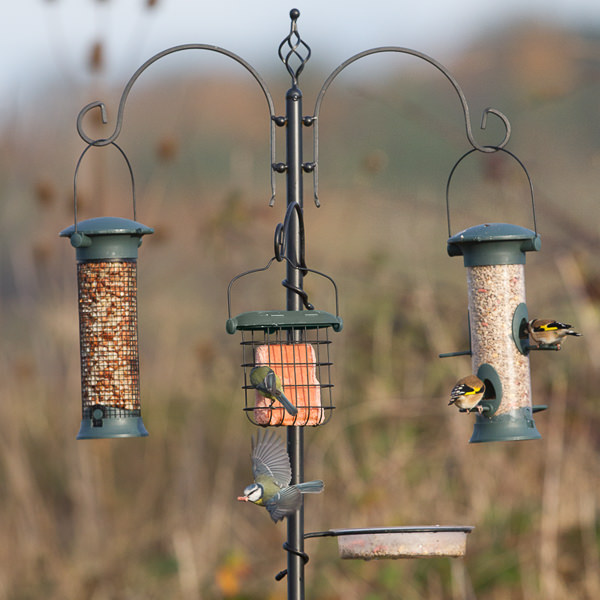
Of course, that is the case, and if you search our site, you’ll find lots of advice on keeping wild birds, aviary birds and parrots happy and healthy all year round.
But there is always some confusion over what should and shouldn’t be fed to give your friendly garden visitors the best chance of survival. So, instead of focusing on what you can feed them, this article is all about what not to feed wild birds. So, let’s get started!
Bread
At number one we have bread. Yes, it turns out that staple of childhood duck feeding isn’t so great for birds after all. In and of itself, bread isn’t actually harmful to birds. However, it essentially acts only as bulk with only modest nutritional value. This means if you put bread out for garden birds and they eat it, they are less likely to eat the highly nutritious food they need to survive.
Also, mouldy bread can be harmful, so whereas you might think a good way of using up stale bread is to feed it to birds rather than throw it away, you could do more harm than good. In short, it’s best to avoid feeding bread at all, but if you do, restrict it just to a few crumbs.
Fruit Pits or Seeds
Most birds love fruit and feed on it in the wild, so it might come as a surprise to a lot of people that fruit pips and seeds are definitely off the menu. But they are. Many of them contain small traces of a cardiac-toxic cyanide compound which can make small birds very ill.
However, fruits without these pips and seeds are safe for birds to consume, so if you’re going to put out apples, pears, cherries, apricots, peaches, nectarines, plums, or similar, for garden birds to eat, always remove the pips or seeds first.
Salt
Okay, so it is unlikely that you’ll be scattering top quality sea salt out for the birds to eat. Nor will they come flocking to any rock salt you spread on your garden path in the depths of winter no matter how cold it gets. That’s not the point. The point is salt is in a lot of processed food that people might put out on bird tables.
Bacon fat is a classic example. Whereas unsalted meat fat is actually fine for wild birds to eat – although it shouldn’t be fed to kept birds and is illegal to feed to chickens and other poultry – bacon is not, as significant amounts of salt are used in the curing process. Apply the same rule for other processed food scraps – check the salt content and if it is high, don’t feed it.
Bread is also high in salt, which is another reason to avoid feeding it.
Onions and Garlic
Perhaps another surprising one, particularly as they are plant-based, but onions and garlic are off the menu for wild birds.
Onions contain sulphur compounds that can cause irritation in the lining of a bird’s mouth, oesophagus, and crop. This can even cause ulcers which can lead to secondary infections.
Garlic contains allicin, a compound that can cause anaemia and weakness in birds, which is why you never see garden birds down your local French restaurant!
Chocolate
Do you love anyone enough to give them your last Rolo? Some people love their garden visitors so much they might just do that. But this isn’t showing them love, sadly. That’s because even in very small amounts, chocolate is toxic to birds. It contains a substance called theobromine which is a bitter alkaloid found in the cacao plant (the plant that cocoa beans come from) and caffeine, both of which can induce vomiting, diarrhoea, increased heart rate, tremors, seizures and even death in birds.
So, if you want to give your garden visitors a sweet treat, opt for a nice, sweet fruit (pips removed of course), but never chocolate.
Milk
Birds lack the digestive enzymes needed to digest milk so even though it is a good source of protein and fat for humans, your feathered friends won’t appreciate it. It is at least likely to cause an upset stomach, but the consequences can be far worse than that, so don’t be tempted to put a saucer of milk out on your bird table.
Avocado
Avocado is another toxic foodstuff for birds. It contains a substance called persin which can lead to heart damage, respiratory problems, weakness or even sudden death. So, whereas it is unlikely people would put a whole or sliced avocado out for birds to eat, make sure there is none in any scraps you intend on feeding.
Desiccated Coconut
Desiccated coconut is different to the dried coconut we use in our blends as it has a far lower moisture content. That is why you should not feed it to birds. Desiccated coconut can be fatal if it is not soaked for long enough because it can swell in the stomach once ingested, making it impossible for the bird to absorb vital nutrients.
Because of this, desiccated coconut is best avoided altogether. Fresh coconut, however, makes a tasty treat for garden birds.
The Christmas Turkey Carcass
This is perhaps not as common as it used to be, but once Christmas is over and everyone is sick to the back teeth of turkey curry, many people will hang the carcass out in their garden for the birds to pick at.
But this isn’t the great Christmas gift some people believe.
Firstly, by picking at the carcass, birds can easily become coated in fat which is difficult to get off their feathers making it difficult to fly, and secondly, old grease and fat can be a breeding ground for bacteria. This is especially the case as by the time the carcass is hung out, it is likely to be a few days old.
So, you might think you’re doing the birds a favour in the depth of winter but in reality, you’d be better off boiling the carcass down to make soup, which will keep you warm on the cold winter days. Then chuck the carcass away and putting out some Johnston & Jeff Selected Fat Balls or Suet Dumplings instead. Trust us, the birds will thank you for it.
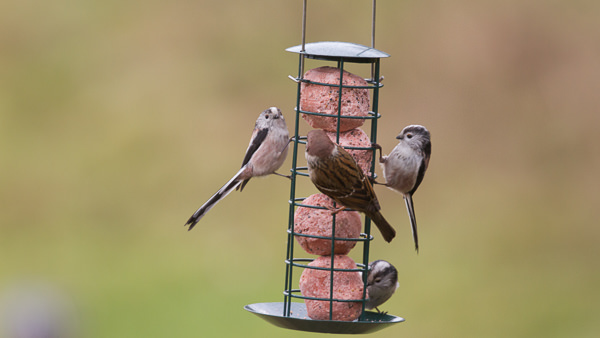
So, not only do you now know what foods you should be feeding wild birds (if you don’t, have a rummage around the other article on our blog, there’s lots of info there), you also know what things to avoid.
Ensuring none of the foods above end up on your bird table or in your feeders will make for happy and more importantly, healthy, garden visitors for many years to come.
Our recent posts giving advice and guidance on wild birds
Ground Nesting Birds
Ground Nesting Birds In an earlier article, we looked at nesting behaviour in wild birds and how you could use this knowledge to encourage birds to nest in your garden. In that article we talked about birds that nest in [...]
Incredible Journeys – Bird Migration Explained
Reading Time: 11 minutes While many species of bird make the UK their home all year round, some just visit for the summer or winter months and then head off to distance shores for the rest of the year. In this blog, we examine bird migration, taking a deep look into one of nature’s most spectacular phenomena to find out more about what makes it possible.
A Guide to Greenfinches
Reading Time: 9 minutes Greenfinches might not have the range of colours of their Goldfinch cousins, but they are still have a spectacular plummage. They are also viewed as one of the best starter birds you can buy by many aviary keepers because they tend to be fairly hardy, have a good song, and don’t have any specific needs that require the management of an experienced keeper.



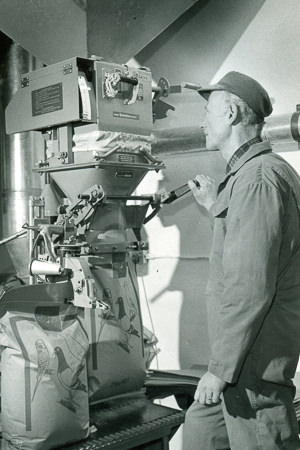
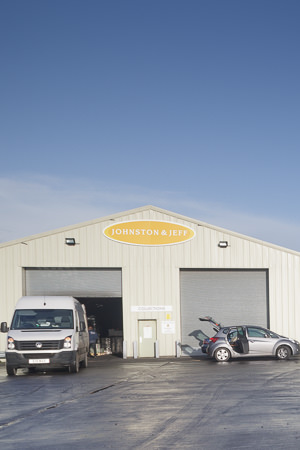

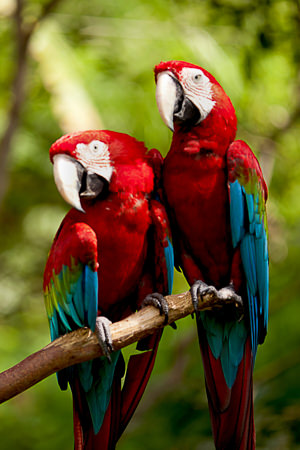
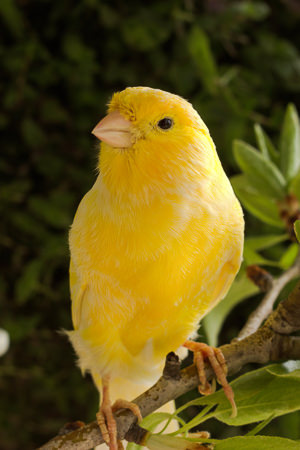
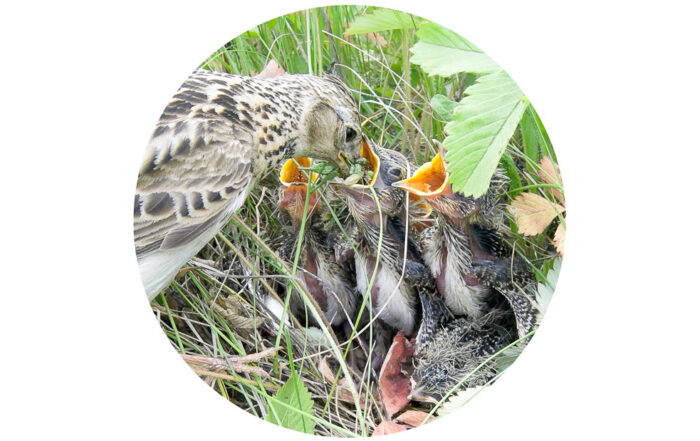
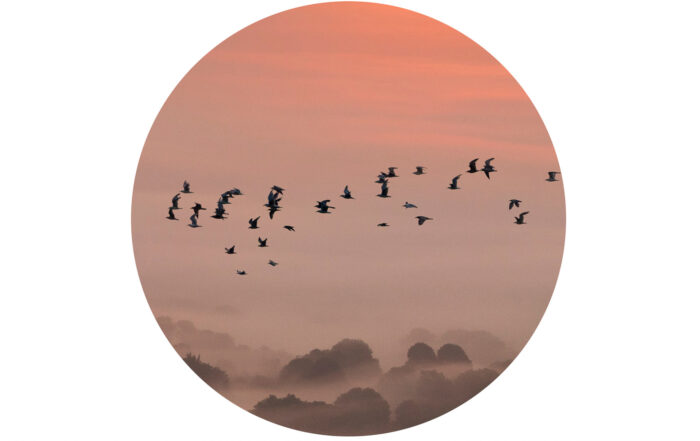
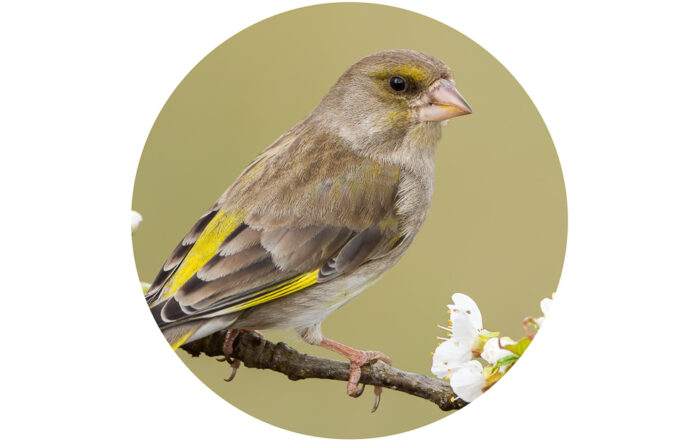
Leave A Comment